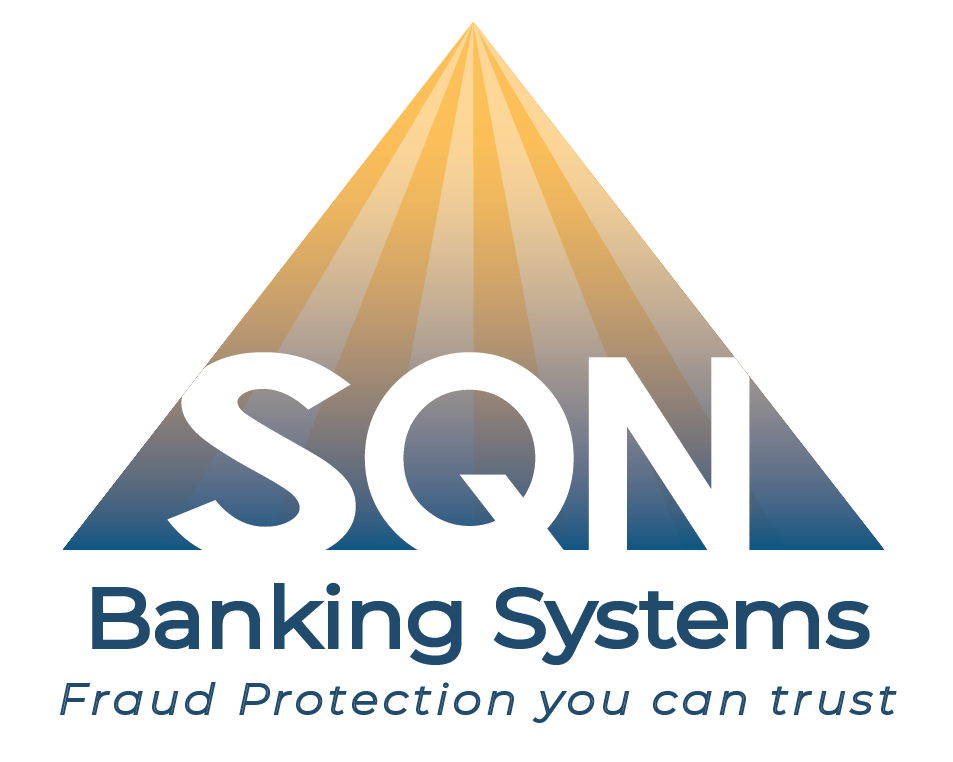Types of Managed Fraud Services for Banks

Financial institutions need end-to-end fraud strategies. They need processes that detect and prevent fraud. They also need to constantly assess and re-assess their risks and adapt their processes to the current threat landscape. Additionally, they need to be proactive about customer and employee awareness and education, and finally, they need to build a reputation that instills trust in their customers and fear in criminals.
Taking care of all of this when you’re also trying to focus on customer satisfaction and your bottom line is incredibly challenging. But despite the inherent challenges, banks cannot ignore or fail to prioritize fraud. The solution? Managed fraud services.
Managed services help you keep on top of fraud prevention, detection, and remediation while also protecting your human and capital resources. Ready to improve fraud management at your bank? Then, take a look at the types of services available.
Fraud process review
A strong relationship with a managed fraud services partner starts with a fraud process review. Anyone can come in and sell you countless fraud prevention tools that you don’t need. To protect your bank and your customers, you need tools and services that address your unique threats.
During a fraud process review, a bank fraud specialist learns how your institution monitors risk, detects fraud, communicates with stakeholders, and remediates fraud events. They get a sense of your strengths and weaknesses, risks and opportunities so they can help you refine your approach to fraud management.
If a company starts pitching anti-fraud solutions without first reviewing your current practices, that can be a red flag that they are not the best option.
Fraud strategy customization
Once you’ve completed a fraud process review, your fraud partner should help you customize a fraud strategy. You need an approach that meets your risks and works with your budget. With managed fraud services, your provider should also help you review and adjust your strategy over time as your needs change.
Software as a service
Fraud software with comprehensive detection capabilities requires the right hardware and a lot of infrastructure to support it, but when you opt for the software as a service (SaaS) model, you can access the software you need with minimal hardware. Cloud-based bank fraud software can be hosted on servers in remote data centers. This setup saves you money on your IT budget. It also gives you easy deployment, integration, and updates.
Hosting services
Hosting services are another type of managed fraud service. With infrastructure and platform as a service (IaaS and PaaS), your bank can enjoy comprehensive fraud detection software without expensive servers.
Hosted solutions protect your data against theft and disaster. They also give you 100% network and power uptime. For this managed service, you pay an affordable fee, and you don’t have to worry about IT maintenance or upgrades. You also get to enjoy 24/7 technical support.
Fraud software implementation
Whether you plan to host your own fraud software or use hosting services, you need to set up the software and integrate it with your existing systems. You may also need to train employees on how to use the software. Another part of managed fraud services handles this aspect of fraud software implementation .
Your fraud services partner can help you schedule the software implementation during your off hours or downtime at your financial institution. They set up the software, including permissions and access. They integrate the software with your existing solutions. Then, they help your team learn how to utilize the software.
Rules management
If you’re using rule-based fraud software, your fraud service provider can help you set up and manage the rules. Pre-set rules define which types of transactions your system should flag as potentially fraudulent. When transactions meet the defined rule set, they do not go through until they are confirmed by the account holder or reviewed by a bank employee, depending on the situation.
Your current risks and past threats typically define the rules that you set, but your service provider can also help you assess how to deal with dynamic rulesets and when to adjust your rules based on changing threats.
Fraud alert management
When your software flags a transaction for review, you may have an employee who can handle the manual review. But what about the evenings and weekends? Or what happens when that employee gets ill or leaves the company? Regardless of the reason, most banks cannot handle all fraud alert management in-house, and to help, most fraud service providers offer fraud alert management.
In fact, the phrase “managed fraud services” often specifically refers to this service. However, as explained throughout this post, managed fraud services can refer to any type of anti-fraud service offered by a third-party company. At SQN Banking Systems, we offer 24/7/365 transaction monitoring by Six Sigma-trained analysts from Quattro.
Fraud prevention training
Finally, fraud prevention training is the service that can help you bring everything together. Your employees need to understand bank fraud so that they can educate and help your customers. They also need to understand the risks of phishing attacks and social engineering, and ideally, they should be well-informed about red flags of internal fraud.
Fighting fraud requires a multi-faceted approach, and you don’t have to do everything yourself. A managed fraud services provider can help you handle a wide range of aspects of fraud management from choosing software to implementing, hosting, and managing your software. They can also help with managing fraud alerts and training employees.
Ready to save money, protect your resources, and reduce fraud at your financial institution? Then, contact us at SQN Banking Systems today. We handle fraud so that you can focus on running a successful financial institution.
